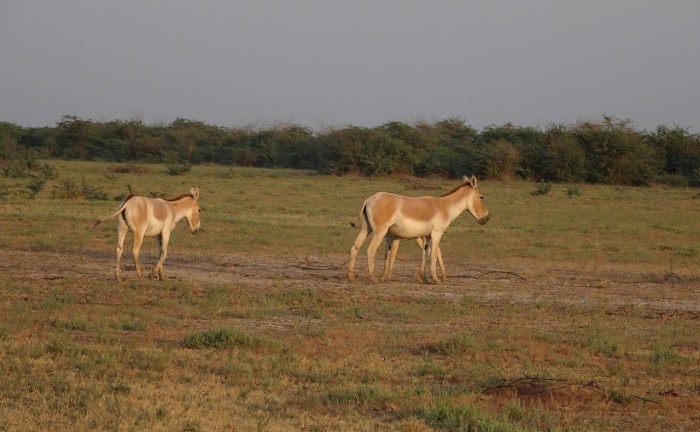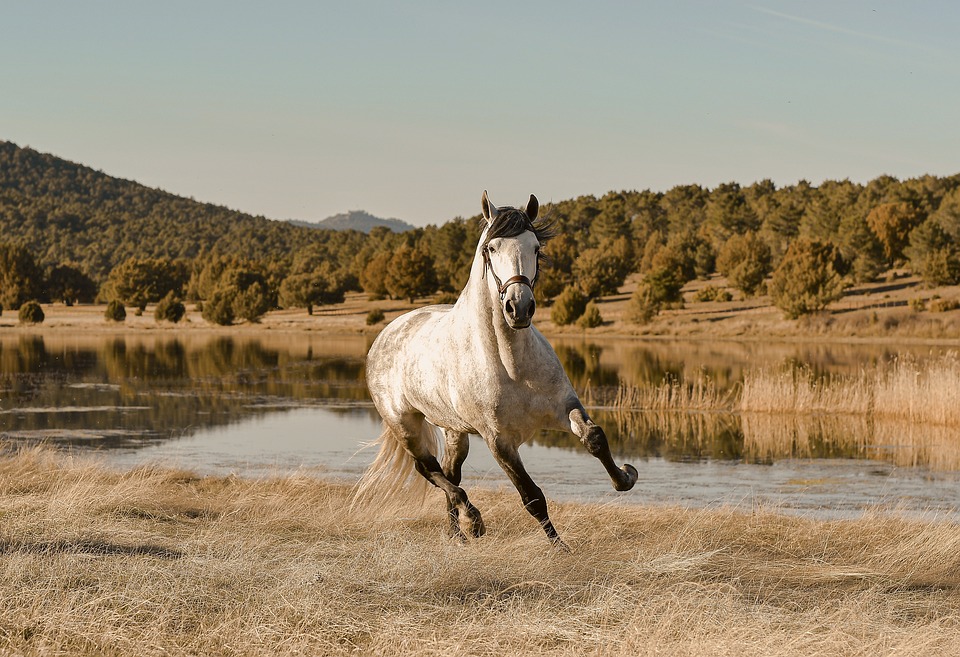
Ya’qub Ibn Al-Laith Al-Saffar was the founder of the Saffarid Dynasty of Sistan. He lived from A.D. 840 to 879, and rose from humble origins in Afghanistan to conquer an immense area comprising parts of Iran, Afghanistan, Turkmenistan, Tajikistan, and Uzbekistan.
Continue reading









You must be logged in to post a comment.